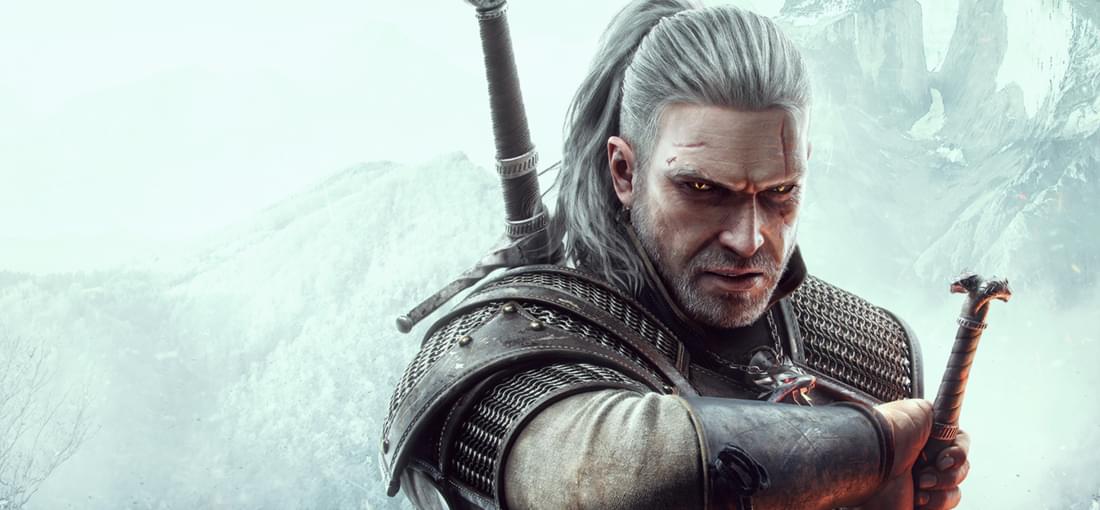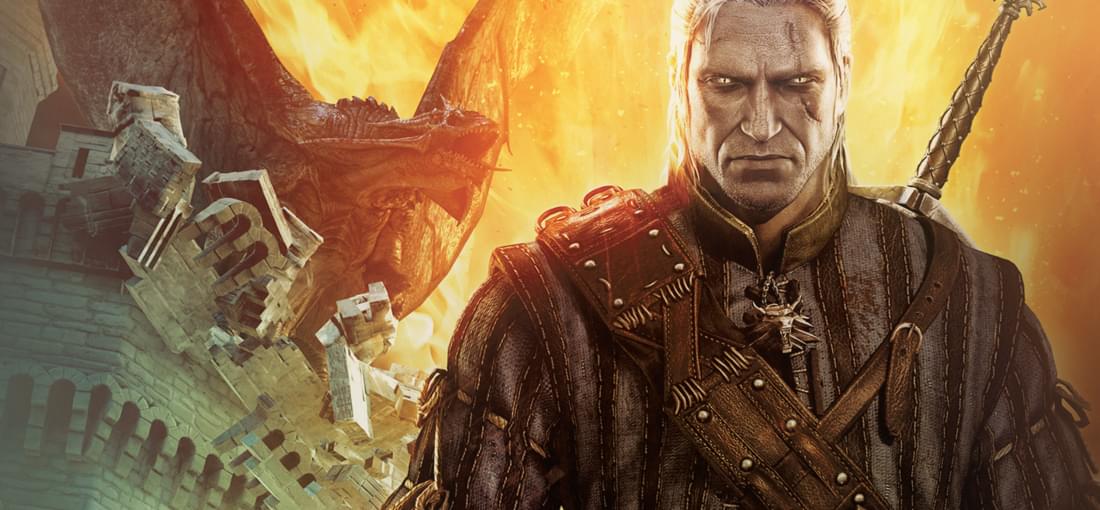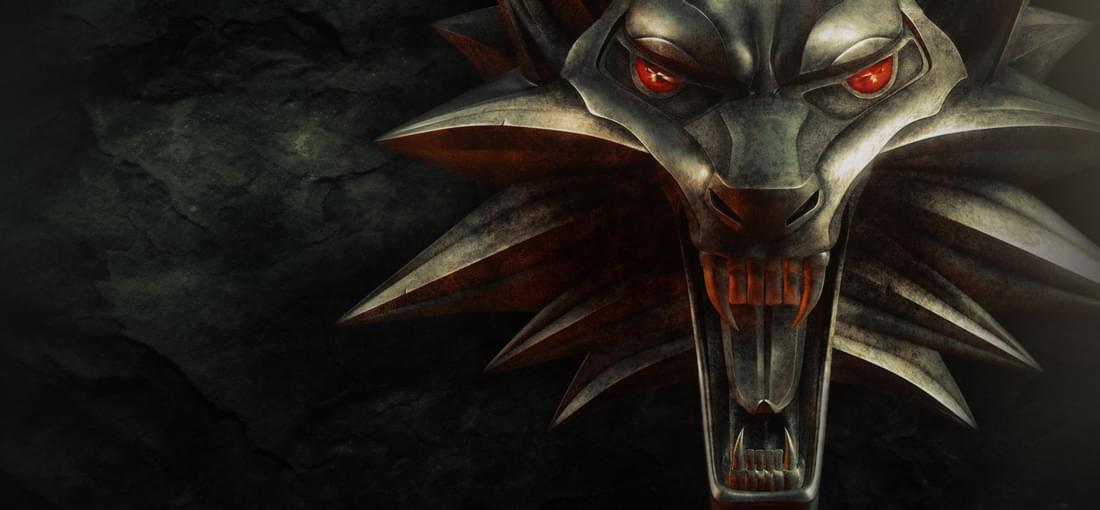


"2015. The world is heating up. People bring guns to a Church and a newspaper office. 'Gamers' aren't 'dead'." I remember being saddened by the abysmal framerate this game ran with on my computer as the gamer community's showered unequivocal praise on the game. Three years later, with all three games behind me, I just want it all to stop. Putting in about 154 hours together into this game (through GOG Galaxy) and its expansions (through Steam, where the GOTY edition costs less than 5 USD in INR during discount seasons), I realised that I cannot appreciate what is, to me, a combination of a third-person walking simulator with cues from Ubisoft, and an sword combat game poorly mimicking "Dark Souls" combat, having lost its RPG roots previously. "But the quests are some of the best in all of videogaming," you may say. True. And that CD Projekt Red provided options that would let you miss out on some of these quests is certainly brave of them. Yet, most of the game involves moving to a place and fighting creatures or humans: combat is easier to design than cutscenes with dialogue that tries too hard, after all (seriously, Yennefer can go henpeck herself). Velen was great, with forests you could fly through that would have previously been level boundaries. But in Novigrad, the checklist quests and the claustrophobia taint the whole experience. Skellige, with its uneven level geometry your horse stops for and giant bodies of water to slow you down further, does not make it better. The story is not particularly great either, with Ciri, Geralt's adopted daughter, apparently in grave danger but conveniently waiting for you to finish dealing with the locals' problems. This places the game next to Bethesda's 2015 release in main quest design. There is much to be appreciated, yes, but why couldn't CD Projekt Red just focus on providing a better made conclusion instead of this mess? I mean, I know why, but that is because I am not a gamer. Kind of glad that that is so.

"The year is 2012. Rumours abound of the end of the world. 'Games journalism' is a 'real' profession. Mass Effect 3 has shown that even BioWare can really drop the ball with endings, when most of the fans just wanted a slideshow presentation. In this contentious era, one game will prove that it's as good as the rest of them." The Witcher 2: Assassins of Kings reveals CD Projekt Red's design priorities after their first attempt at making a game, seen in the work put into this game's art design. True, it is the *video*game industry, and such an effort deserves praise, but the problems begin when The Witcher 2 wants to identify itself as a role-playing video*game*, which it barely manages, and only because the public, at large, thinks so. Instead of the vast and clunky dialogue options, we get Joss Whedon quips and RNG Force charm options. The combat is changed from the novel wait-and-click setup to one where getting back-stabbed is a constant worry. The fistfights and the bossfights use quick-time events, excising the real-time control during fistfights and the preparations for hunting monsters as was necessary previously. This might suggest that they were trying to bring the game up to par with other games produced in the West, despite not having nearly as many resources. They did an excellent job with Flotsam. But the story needs Geralt to regain his memories. Of all the choices that the game has, the player's choice to follow Geralt is one never spoken of. If the player reads the books from which Geralt came from, the player will enjoy a game with a shaky grasp of role-playing mechanics. If the player finds them no different from the edgy takes on the fantasy genre, as was the case with me, they will just push through, hoping that the third game in the franchise is a little better. I came away from the game liking the presentation, but, since CD Projekt Red have their own engine, I realised now why this game no longer can be called an RPG, unlike the last one.

"Welcome to 2007, where the world economy hasn't crashed spectacularly yet and the Aurora engine is a viable tool for RPG developers to make actual games. Experience prosaic landscapes after spending 20 hours trying to make sense of the social cues that would almost certainly be lost upon you, unless you haven't completed an undergraduate degree in Eastern European literature studies. Receive sexual propositions from townclerks, while they are going about their work day, because you play as an exotic, and vilified, Witcher, named Geralt of Rivia." The Witcher is lucky that its developers cared for it as much as they did. If it weren't for the later games in the series, and the feature to import saves, this game might have been left behind in the collective memory of videogaming as an interesting, if very frustrating, example. The game reveals many flaws that CD Projekt Red have clearly taken to heart, having become one of the most beloved developers in the process. The interface, for one, is an eyesore. Green and orange, mixed together to remind you of vomit everytime you open your inventory, journal, pause, glossary or any other screens that are needed to play the game (except for the map). The combat is functional, if often frustrating. The quests are related to other quests, which should, in theory, make the game world more immersive, but the alien(ating) design just made me reach for the fan Wiki, especially for the ones that seemed to go nowhere. But the biggest hurdle was the horrible translation, something that I got over after the third time I started Chapter 1. The game can only be liked inspite of its faults. Fortunately, I enjoyed the game after reaching chapter four, quite liking the moral ambiguity and the open landscape that was neither dreary nor claustrophobic. I'm almost convinced that I want to play this game again later, but the first 20 hours had the least enjoyable time I have spent with a game. Maybe I'll overcome that hurdle too.